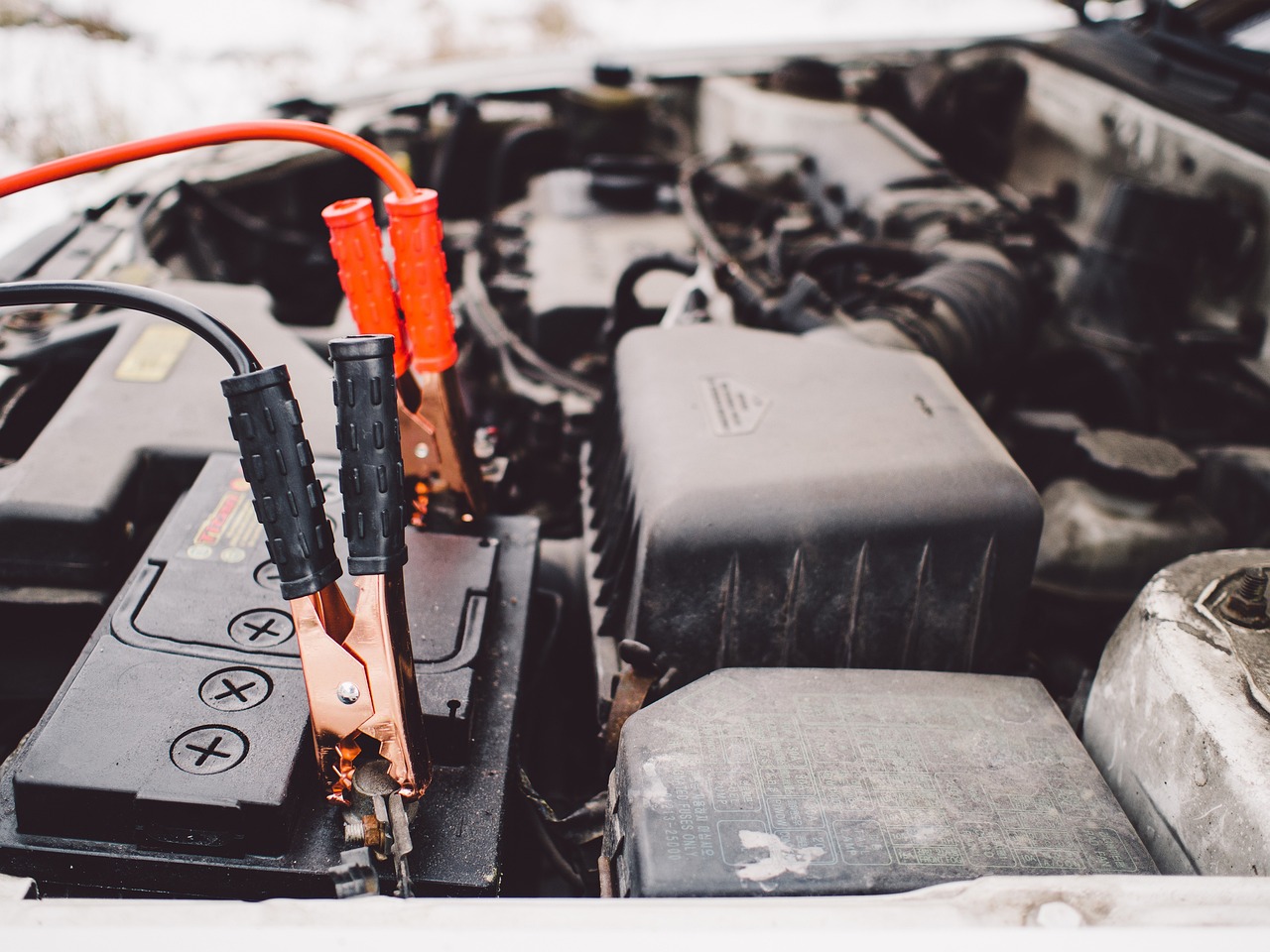Some things are made for specific applications. Kind of how gasoline is used for internal combustion engines, not jackassery to get the bonfire started.
Dielectric grease is a used in electrical applications to protect and insulate electrical connections, components, and wiring harnesses. Let’s look into the key characteristics of dielectric grease and explore its diverse applications in electrical maintenance and automotive care.
Insulating Properties
Dielectric grease is formulated to create a barrier between electrical contacts, preventing moisture, dirt, and other contaminants from causing electrical leakage or short circuits.
Water Resistance
Dielectric grease is highly resistant to water and moisture, making it ideal for use in outdoor or marine environments where exposure to moisture is common.
High Temperature Stability
Dielectric grease is capable of withstanding elevated temperatures without melting, dripping, or evaporating, making it suitable for use in automotive engine compartments, where temperatures can reach extremes.
Lubricating Properties
When applied to electrical connectors and terminals, dielectric grease helps facilitate smooth insertion and removal of connectors, reducing friction and wear.
Non-Conductive
Dielectric grease is non-conductive, meaning it does not conduct electricity. This property is essential for preventing short circuits and electrical leakage in electrical connections.
Applications of Dielectric Grease
Dielectric grease finds numerous applications in electrical maintenance and automotive care. Some common uses include:
– Lubricating and protecting electrical connectors, terminals, and switches
– Preventing corrosion and oxidation of electrical contacts
– Lubricating and insulating spark plug boots
– Protecting battery terminals from corrosion
– Lubricating and sealing rubber gaskets and o-rings in automotive applications
